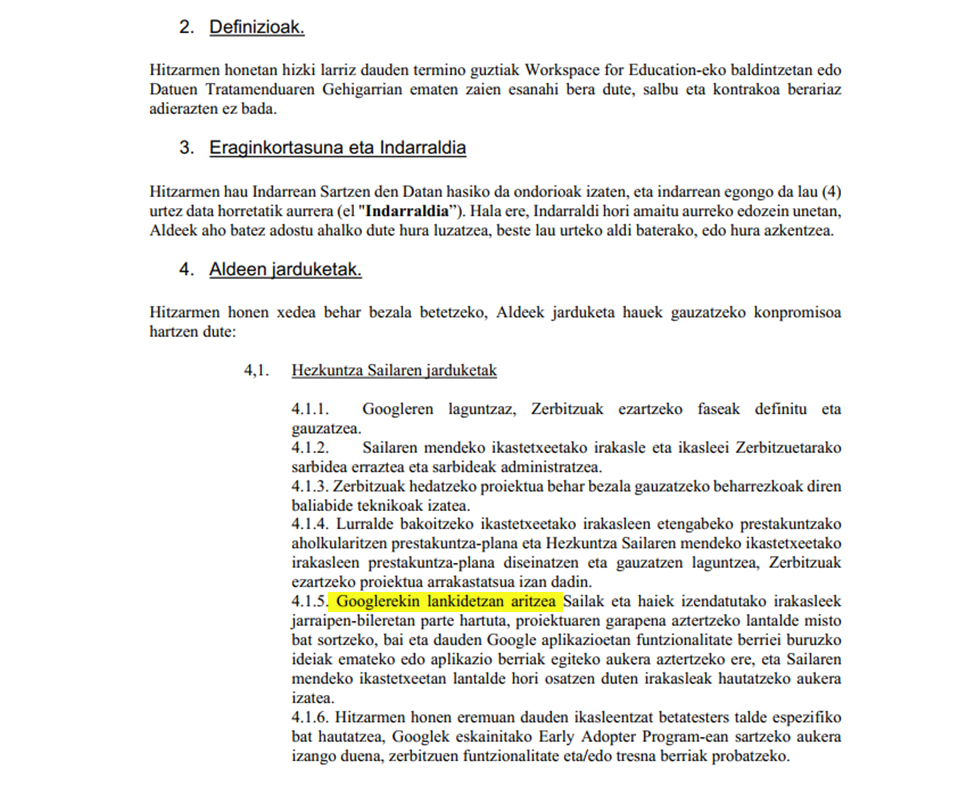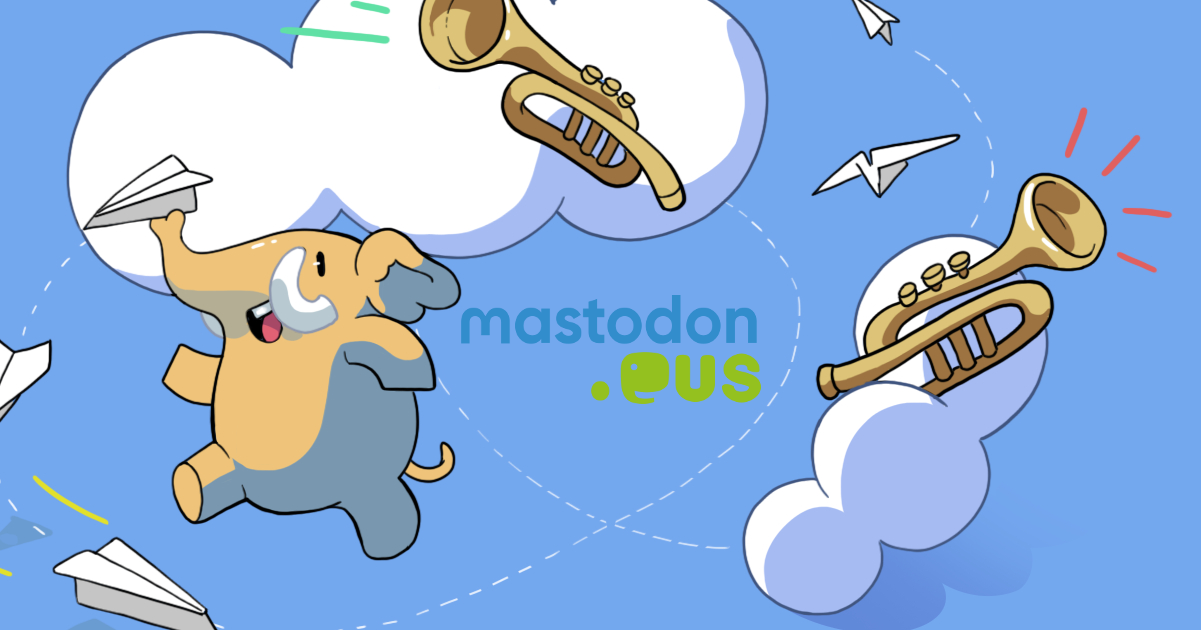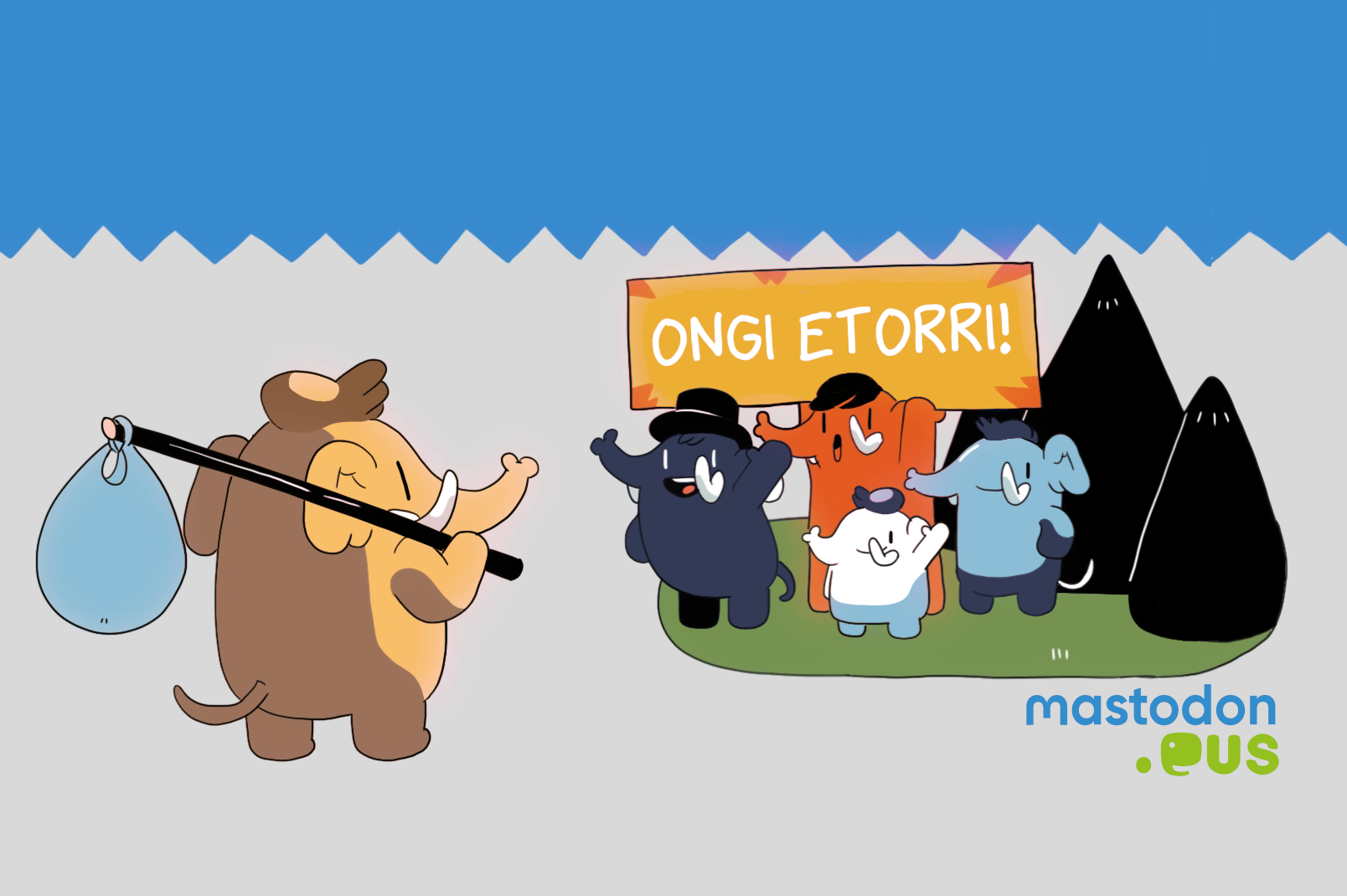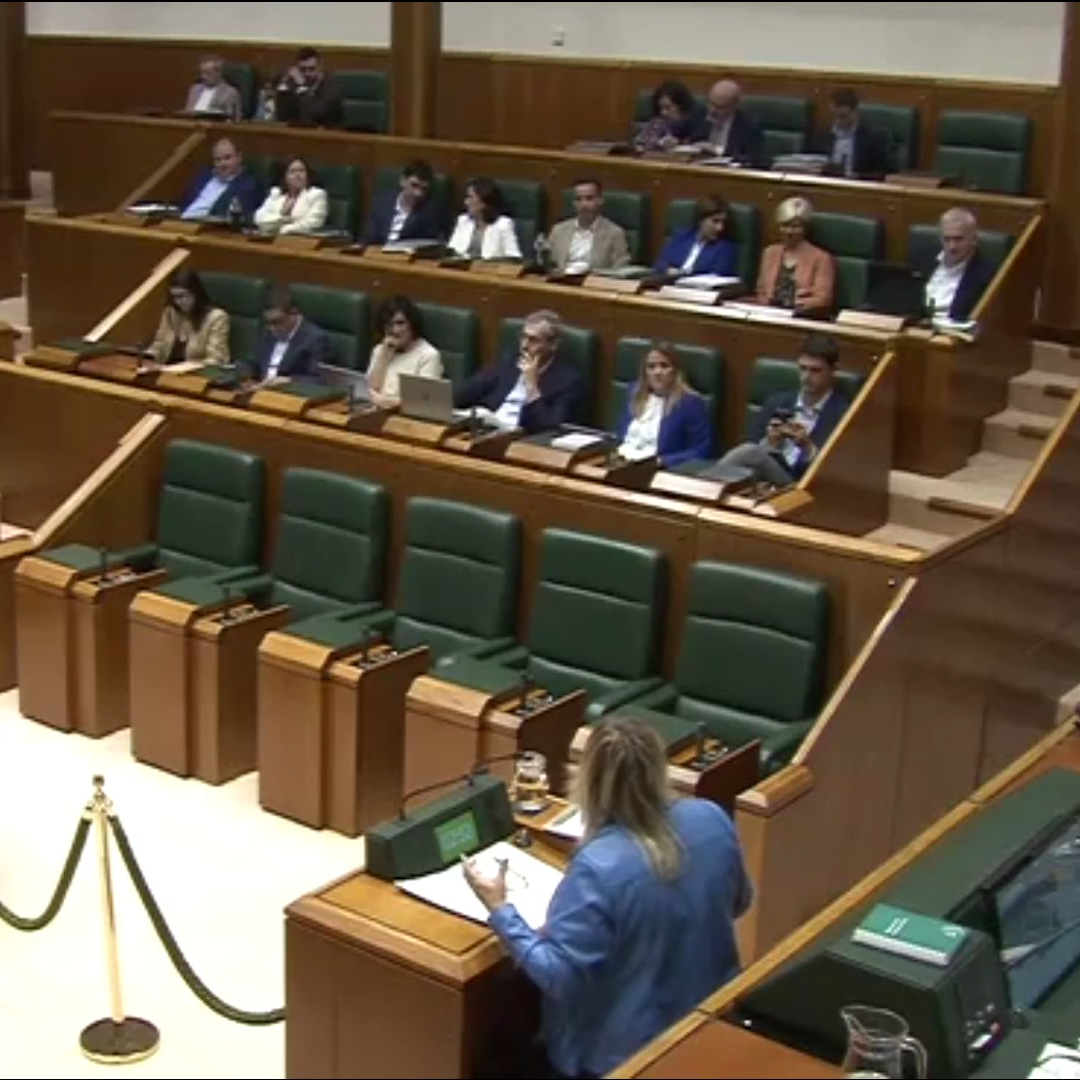The Official Gazette of the Basque Country publishes the agreement between Google and the Department of Education
- The agreement implies the use of tools of the multinational in public centers, “without economic consideration” and with a minimum duration of four years. Numerous experts and agents have denounced that the administration has also committed itself to the "privatization" of new technologies in education.

The Official Gazette of the Basque Country (BOPV) published on Thursday the agreement between the Department of Education of the Basque Government and Google. The resolution, dated 11 April, is signed by Jon Iñaki Urbina, director of the Government and Parliament Secretariat, and contains in 35 pages the agreement reached between the multinational and the Department of Education.
The multinational Google will equip the Department of Education with its Workspace for Education toolkit, including Google Cloud or Chromebook, for use in dependent schools for at least four years, but with the possibility to extend it for another four years, for which both parties commit themselves.
The Department of Education is committed to "collaborating" with Google and will set up a joint group for this purpose.
The Department of Education shall define the phases of the implementation of Google services and facilitate the access of teachers and students to such services, as well as the necessary “training plans”. In addition, the Department of Education is committed to "collaborating" with Google for what will create a mixed group and among its students will create a group of betatester to "test new tools". Finally, Education will encourage the use of Google services in schools.
Google, for its part, will make available to the public administration the means at its disposal and will participate in the groups and "cooperation" mentioned above.
The agreement does not constitute a “financial consideration” for both parties and can be read in the official newsletter which is “free of charge”. Thus, the text, which includes the safety and privacy clauses, does not detail the benefits that Google could obtain from public educational institutions through the processing of personal data and the abundant information obtained as a result of the use of its closed software.

Criticism of Google's incorporation into schools
There are not few agents who have criticized the expansion that Microsoft and Google are having in public education. They accuse the public administration of a lack of strategy and these private companies of putting the “red carpet” into schools.
“Notes, notes, communication with parents… Fog does not exist and that data is now on the computers of US multinationals,” said Iñigo Gebara, a member of the Librezale de Educación group, to Axier López. “Rather than giving our data to private companies, we prefer to put it on servers controlled by the educational community or the Basque Government.”
Experts have often warned that the “gratuitousness” offered by these multinationals is not the case: “We citizens think we don’t pay anything, but the personal data we provide and the advertising we receive are the reward,” Gebara explains.
Thus, the supposed neutrality of technology is being questioned and trying to promote a more sovereign model, such as the implementation of free software in centers. Mikel García spoke with several interlocutors on the road to date and on the challenges of technological sovereignty in education.
Euskal Herriko bi muturretatik datoz Itziar (Bilbo, 1982) eta Ekaitz (Erriberri, 2002), sortzen ari den Burujabetzaren Aldeko Mugimenduaren berri ematera. Euskal Herrian diren burujabetza prozesu ugariak arloz arlo bultzatu eta indartu nahi ditu BAMek. Lan horretan hasteko,... [+]
I've done a quick analysis of the technology forecasts for 2025. Like every year, when you talk about what technology is going to bring to the media in 2025, the discourse is very similar. Many of us who write about technology have the anxiety of knowing more than it's going to... [+]
The evolution that the Internet has taken over the last 15 years, together with its technological and business model, makes us think that it is a tool to increase the worst aspects of humanity. Around the world, agents have been created that are not satisfied with this idea... [+]
In spaces like the X, today, we will have to recognize that it is impossible to have a public debate and a cultural struggle. In this sense, a mistake is that political projects that intend to lead a leftist change leave platforms like X to make the leap to social networks that... [+]



















